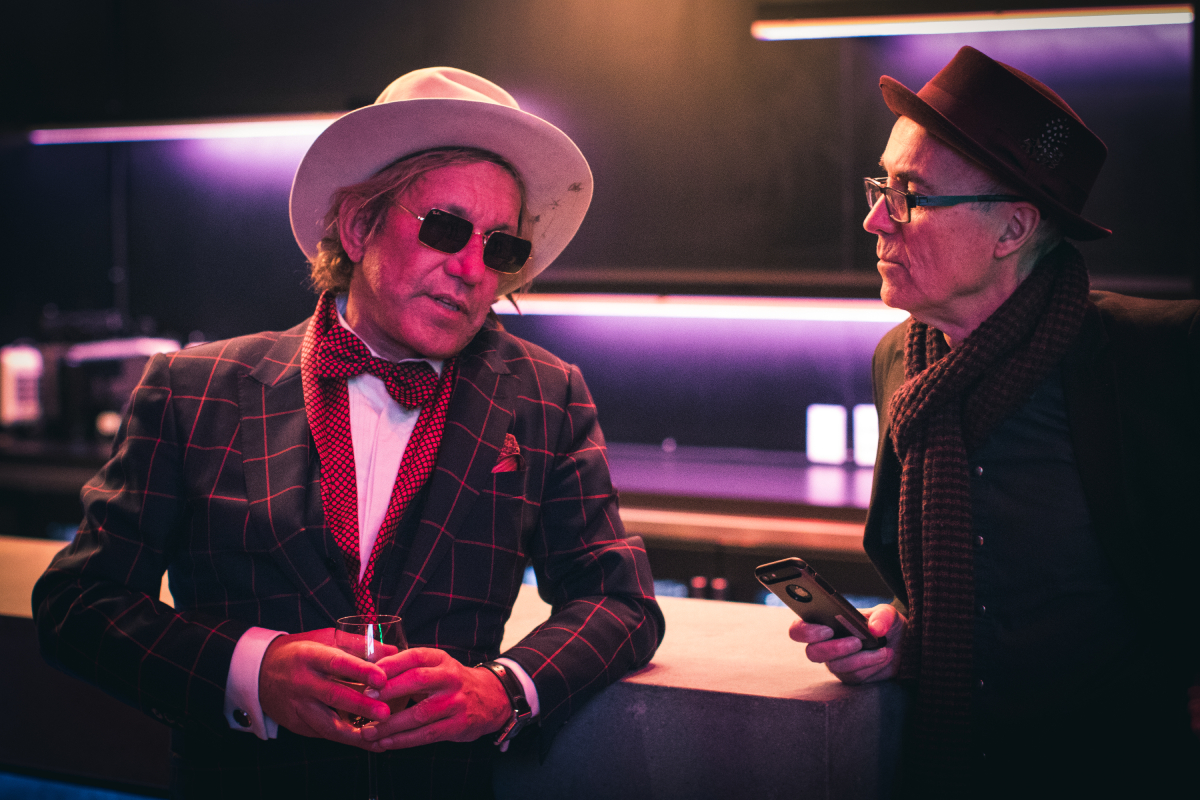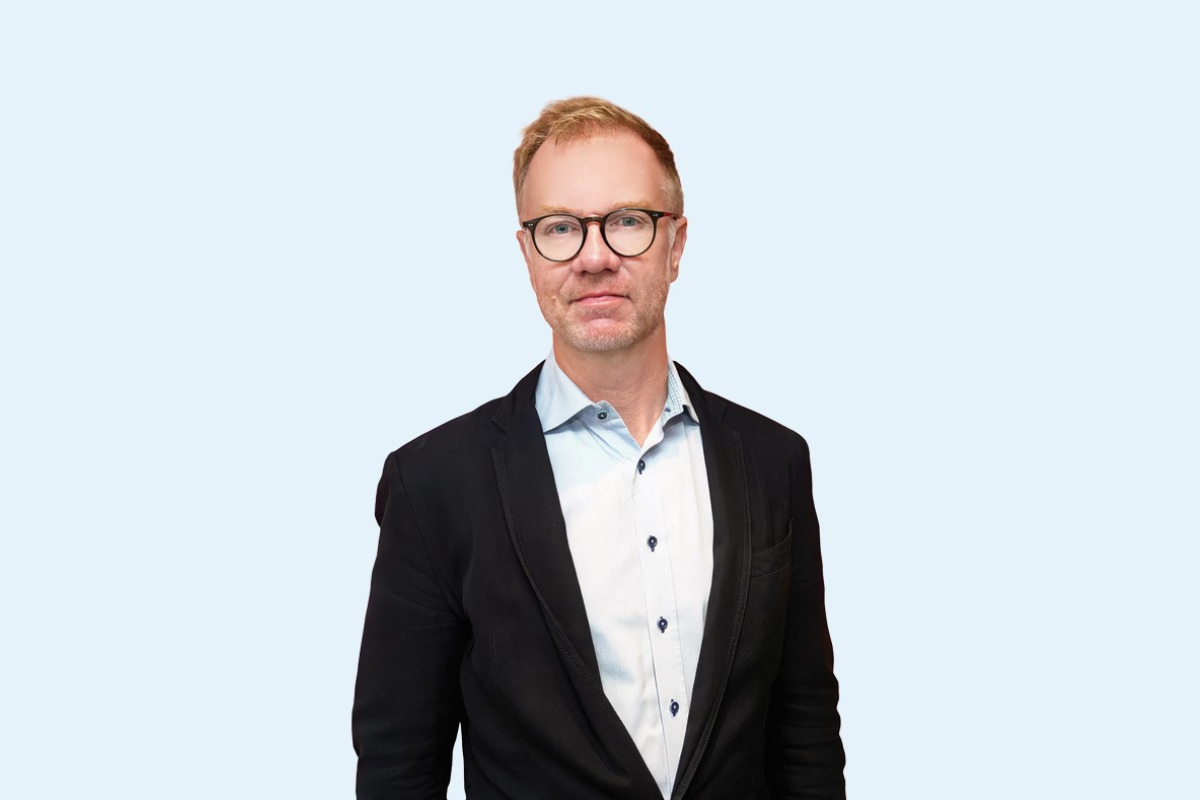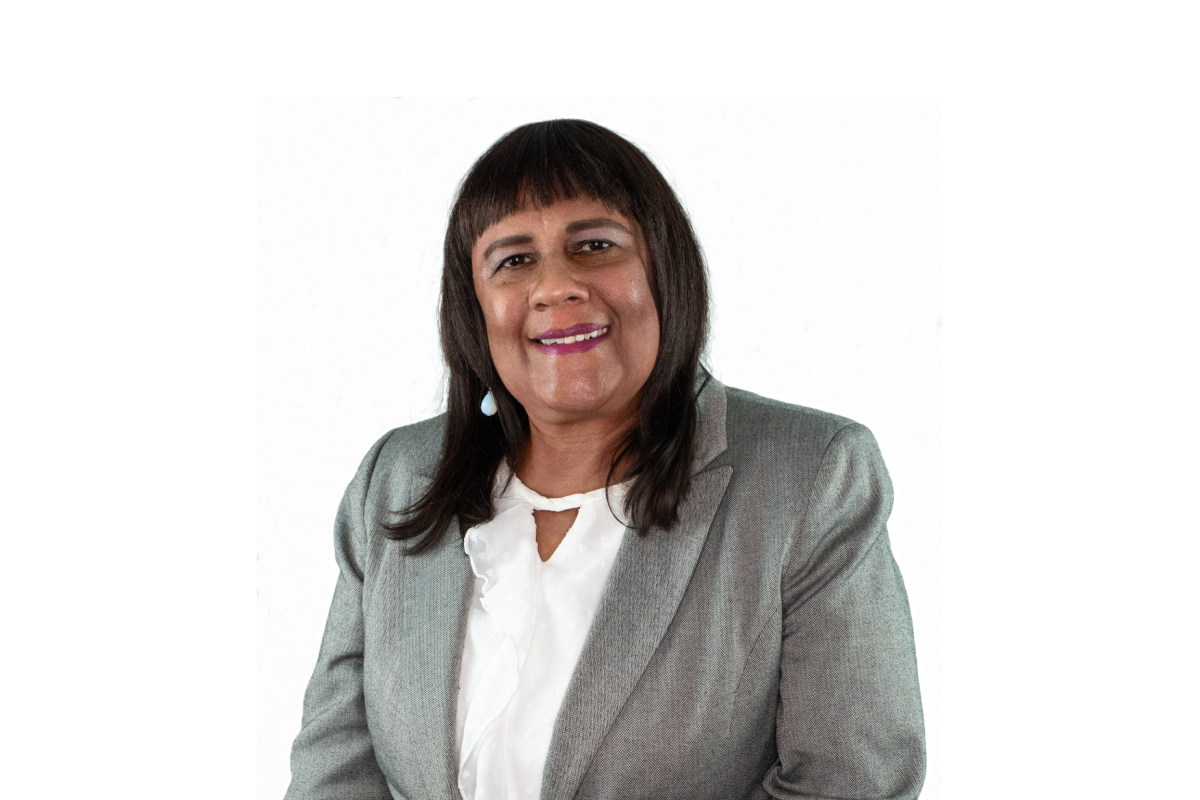Photo caption: From left to right, Michael Wekerle with Andy Curran.
Photo courtesy of Michael Wekerle.
Featuring Musician and Business Partner Andy Curran
There’s no doubt that COVID-19 has shaken the world to its core. Every business, for the most part, has been impacted negatively with a decrease in revenue and customers. There are business titans that haven’t been touched by the pandemic, like Amazon’s Jeff Bezos, and then there are others like Dragons’ Den alum Michael Wekerle, who is feeling the strain of COVID-19 despite his wealth of knowledge and well-moneyed status.
In 2020, Wekerle reopened the famed Toronto venue, El Mocambo—home to many of the greatest music legends locally and internationally. Although still functioning, but at a reduced capacity, reopening the El Mocambo was a costly venture.
Being your own boss can have its challenges, but Wekerle and his business partner, musician Andy Curran, made themselves available to talk to The Edge about business, the impact of COVID-19, and whether or not it’s a good time for entrepreneurs to invest.
You’re known for being a risk taker, given your Bay Street days. Now, with the state of the economy due to the COVID-19 pandemic, did you have any worries about reopening the El Mocambo after investing millions of dollars into it?
There’s no doubt at all that we have invested $35 million, and the number keeps growing because we have to keep people [employed], and compensating employees to the best of our ability. I think the government—provincial, federal, and especially the city governments—have done a great job to handle what they could. We believe we want to work in participation but the numbers of our cost space keeps growing, and in November, we had a dozen shows that were planned and have now been cancelled. So, we’ve been trying to reinvent what we can do and we can service because of the quality at the El Mocambo, of the broadcast, [it has] been deemed an essential studio. But there’s not a night that goes by that I don’t wake up in the middle of the night and say, “What’s happening? Are we going to survive?”
What are some of your main concerns opening the El Mocambo, a live venue, during a pandemic? Can you share some of your own ups and downs, and are you worried about losing profits?
Well, I think that opportunity comes from hard work and you have to continue to work hard, but we are losing lots of opportunities. We’ve lost the US as an opportunity, as we have a lot of people who are uncomfortable or don’t have the time to quarantine, because of their own schedules. Or they just simply don’t want to attempt to go to a different area that is potentially a risk to their life.
We have two floors; we’ve built them brand new—we’ve made it completely COVID-safe. We had a Canada Day [2020] event that was a very successful event with no cases and we had no altercations at the venue. And we’ve been strict on the amount of people admitted, based upon what the guidelines are.
Andy Curran: And you think about the amount of time it has taken Mike to renovate the El Mocambo and there’s an asterisk on that—he’s waited all this time. There was a lot of conversation about, “Okay, we can do these hybrid shows of 50 people in the venue plus live streams.” But Mike said to err on the side of caution to have less people inside, because after waiting all that time admitted he didn’t want any outbreaks at the El Mocambo.
How have you been able to pivot, given the restrictions? What have you done to make things safer for you and your staff?
We were very lucky and decided early on to spend the extra, $10,000,000 excess on equipment and screens, and had a great partner in Solotech, which has been extremely helpful. We have a program that has two soundproof rooms of a fully automated system that record from three different areas of the facility, including the green room and two floors. We have a fully built out basement that encompasses very safe washroom access from different areas. And we went from the El Mocambo having six bathrooms to 28 bathrooms, with four more on the other side in a pop-up shop that’s located at 460 Spadina Ave.
What did your time on Dragons’ Den teach you about having entrepreneurs in Toronto, and what does it take for someone to get you to invest in them?
When I was on Dragons’ Den, it was always about the jockey—you had to have someone with a defined vision and a defined purpose, and capital is key. I thought that I had enough capital and then COVID hit, and now that’s becoming an issue right now. I’ve been through this before and I’ll go through it again probably in my life, but it is difficult, but capital is the key. Always overcapitalize yourself in a business, especially in the environment that we’re in right now. Always make sure that as you invest, that you look at the person’s company and then you look at the organizational structure, that’s a key point. I’ve always said that you can’t go back and rewrite the business model based upon what happened.
Given the time right now, what’s some advice you would give to an entrepreneur or someone looking to do anything business related, especially to the ones who are afraid to start?
This is a fearful time, so if you have capital, it’s time to invest. There’s no doubt that you can get an operation up and going at the fraction of what I paid. It’s just that environment. People who have equipment will sell it, people that have leases that aren’t leased will take a lesser rate and you can probably right now, if you have the capital, set something up to do so. I think in this environment, we were planning for better [circumstances], we doubled the cost of the spend, knowing that we could reach payback in two to four years—that’s been extended now. But I do believe right now that if you were to do something, you have to make sure that you minimize your risk, not spending as much and making sure that you come into a venue that has some benefits. And look at streaming technology—it’s a fearful time, but not a bad time to invest [in yourself].
Dontei Wynter | Staff Writer




















